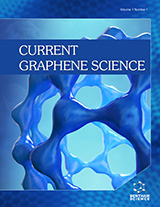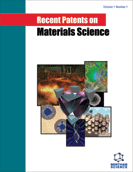Abstract
Polymeric composite (PC) materials are multifarious materials widely used in almost
all industries due to their fascinating properties of being flexible, lightweight, durable, costeffective, and easy mass fabrication in a variety of shapes and sizes. Furthermore, the thermophysical properties of these polymeric materials can be further enhanced by the addition of an
appropriate amount of organic or inorganic filler. Their high refractive index renders them to
be used as components in the manufacturing of optoelectronic devices and hence certain
optoelectronic parameters can be tailor-made by insertion of an appropriate filler in the host
polymer. PMMA is one such versatile polymer with interesting optical properties, which can
be further tuned up with filler enforcement for desired applications. This review deals with such
organic and inorganic filler-doped PMMA composites with enhanced optical properties.
Initially, the authors throw light on general physical and chemical properties of PMMA and its
suitability to incorporate various fillers and the varied approaches of PMMA filler interactions.
The review addresses briefly the various techniques of synthesis and optical characterisation of
these PMMA-based PC. Further it attempts to summarize the underlying theories and concepts
that construe the correlation between structure and optical parameters. The introduction of filler
to bring a change in optical behaviour as desired is a challenging one. Hence authors have
included not only the present state of art of these materials and the challenges thrown but also
how the researchers are aiming to mitigate them in future.






















